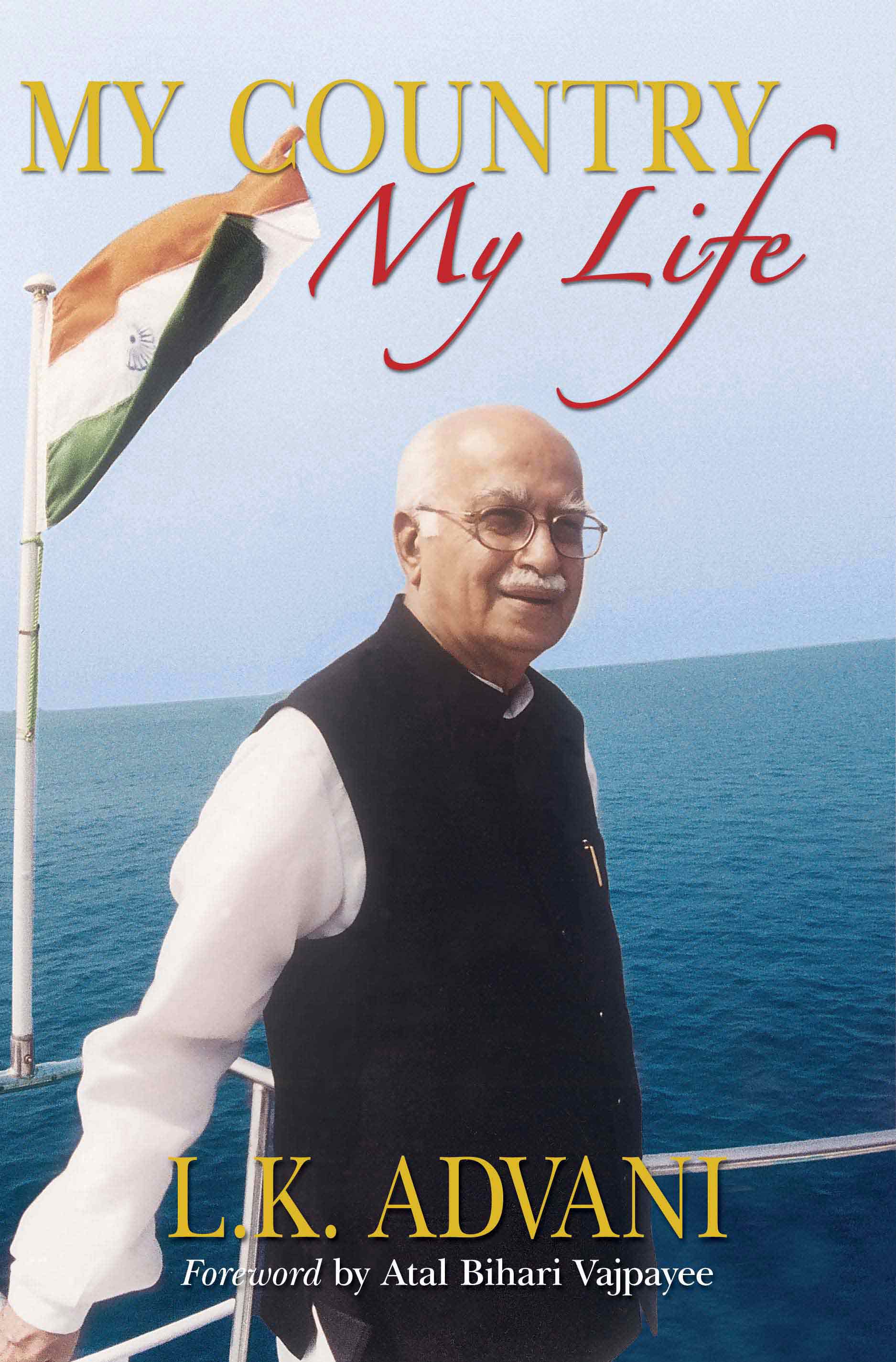Missed Translations
Approaching his thirtieth birthday, Sopan Deb had found comfort in his career as a writer for The New York Times and as a stand-up comedian. But his stage material highlighting his South Asian heritage only served to mask the insecurities borne from his family history. Sure, Sopan knew the basics: his parents, both Bengali, separately immigrated to North America in the 1960s and 1970s. They were brought together in a messy and ultimately doomed arranged marriage. The couple raised two boys in suburban New Jersey before divorcing, after which Sopan’s father returned to India alone—without telling his sons. But as he neared thirty, Sopan had been estranged from his parents for years. He didn’t even know where either one was living, which was only a slight shift from the emotional distance he felt growing up in their home. He never learned who his parents were as individuals—not even the little things like their ages, how they met, how many siblings they had, where they were born, or what they had hoped their lives would be. They were strangers, isolated from one another by the tumult of the household and the cultural chasm between the generations. Coming of age in a mostly white suburban town, Sopan’s alienation led him to seek separation from his family, longing for the tight-knit home environment of his white friends. As the years without real contact with either parent began to mount, the separation gnawed at him. Sopan’s experiences as a stand-up comedian and as one of the few minority journalists covering Donald Trump’s 2016 presidential campaign nudged him to reconsider his relationship with his South Asian heritage and, thus, his parents. Then came a fortuitous wedding invitation, which propelled him on a dramatic journey of reconciliation to India and back in an attempt to bridge the gap between him and those whose DNA he shares. Sopan would see his father—for the first time in more than a decade—in Kolkata, where he would learn to connect with a man he recognized yet did not know. And he would force himself to confront the silence separating him from his mother in nearby New Jersey . . . if only he could first find her phone number. Through his attempts to reach across the cultural divide, Sopan’s exploration raises essential questions of family: Is it ever too late to pick up the pieces and offer forgiveness? How do we build bridges where there was nothing before—and what happens to us, to our past and our future, if we don’t?
Top rated books in this category































